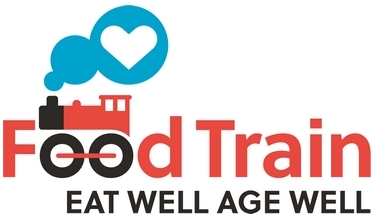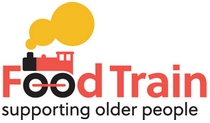Glasgow University Study
In November 2018, we commissioned the University of Glasgow working in partnership with Food Train to complete a research study on older people's health and wellbeing:
The Role of Food Security and Malnutrition Risk with Psychosocial indicators of Healthy Ageing in Place: The Food Train Service and the Eat Well Age Well Partnership Project

This study
- was a mixed methods study to understand the problem of malnutrition;
- scoped the extent of malnutrition and risk factors;
- trialed different measures and obtain qualitative perceptions around food access, preparation and use of technology.
Research Report and 6 Key Findings
The commissioned research was conducted over a 12-month period (February 2019-February 2020) where 169 older age adults living in the community were surveyed from varied backgrounds and socio-economic areas.
Lead Principle Investigator was Dr Kate Reid, Co-Investigator was Professor Catherine Lido.
Read the Final Research Report
Read the Research Summary & 6 Key Findings
- The research highlighted that food insecurity is putting older people in Scotland at risk of becoming underweight and malnourished.
- Barriers such as loneliness and the changing nature of the high street are leading to a lack of reliable access to healthy and nutritious food..
- Many older people reported finding cooking at home more challenging, often relying on cold and convenience food such as sandwiches.

Together with our research study, and the impact and learning from the Eat Well Age
Well project, we consider it imperative that our four calls to action are implemented to make a positive
difference to older people's lives and reduce costs to the health service.
Read more on our 4 Calls to Action here.
Listen to Dr. Kate Reid and Prof. Catherine Lido discussing the research study on the Eat Well Age Well Podcast
Read our policy article with University of Glasgow and Food Train on the impact of Covid-19 on vulnerable older people at home.


